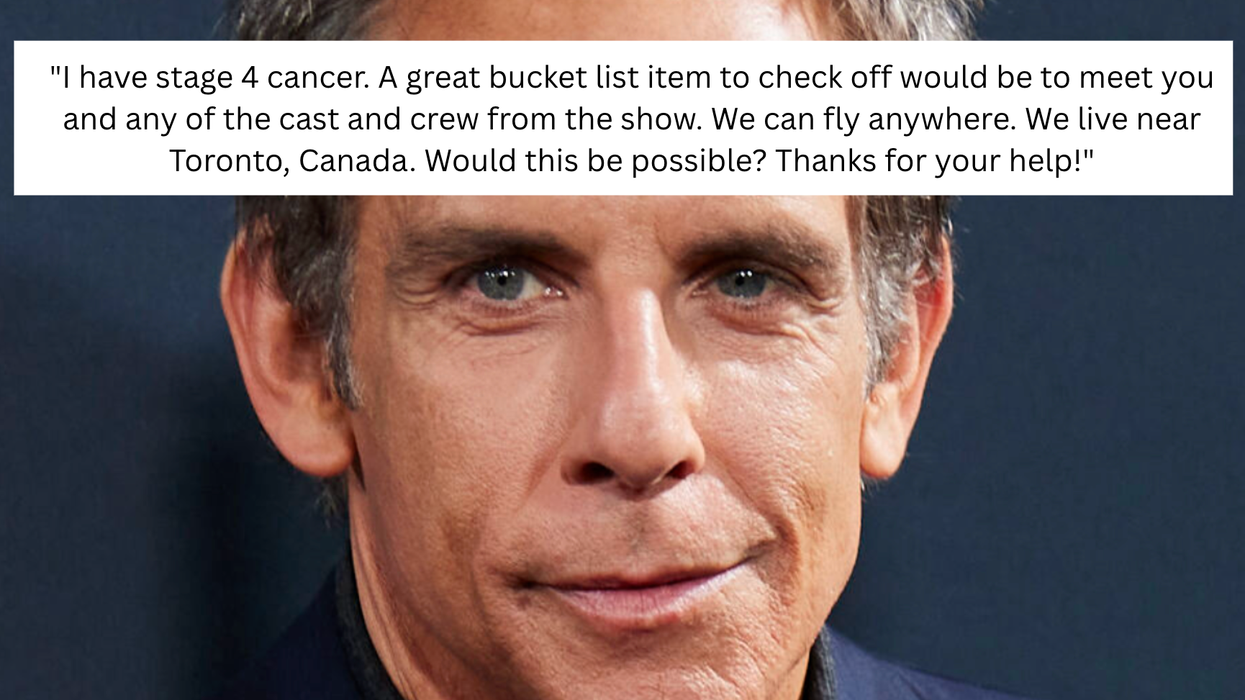I recently travelled to The Gambia, a country in West Africa where Riders for Health is working with the ministry of health and leasing—with full maintenance—a fleet of vehicles to reach every community in the whole country. Health workers are now able to provide every community with health services—public health and maternal health, to name but a few. A landmark achievement.
A group of remarkable women there are both mechanics of the vehicles, as well as the drivers, transporting patients to clinics in remote areas and delivering medical samples and medicine from clinics to testing facilities.
During my visit I took a six-hour road trip to Basse, the eastern-most town in the country, to meet a woman who I had read about, written about, but never met.
Manyo Gibba used to be a community health worker on the north bank of the river. She was such an amazing health worker that we used her story as a case study quite a lot. In 2007, we took a journalist from the Times newspaper to meet her so she could explain how her motorcycle was transforming her life and the health of the people she cared for. She could tell them that her motorcycle allowed her to travel across the incredibly harsh terrain, over the many miles between villages. She could tell them that she now reached five times more people, and saw them regularly.
Manyo is almost certainly the only Gambian woman to have her photograph on the front page of the Times of London.
But shortly after that visit, Manyo began training as a midwife and we didn’t see her for a long time. I decided that while I was in the Gambia, I would take the long drive, along the sandy, rutted roads, to visit her at her at her new maternity ward. As we sat and talked in her office, Manyo explained to me how the ambulance at her hospital is helping to save the lives of women in threatening labour. They can now always reach the hospital when they need lifesaving care.
Riders for Health is looking after the ambulance at Basse health centre in the same way that we looked after Manyo’s motorcycle when she was a rural health worker. Our technicians maintain it every month so it never breaks down and it always works when people need it.
But Manyo’s story isn’t the only one that I want to tell.
Sharing the ride east, following the line of the river that splits the Gambia in two, was a young woman called Louise. Louise is a Riders for Health apprentice as a vehicle technician. She was just starting the second year of her course. Along with five other young women, Louise was learning how to maintain ambulances, trekking vehicles and motorcycles so they never break down.
Louise travelled with us as far as Bansang, where she would start work at Riders workshop in the town. It was clear that Louise was nervous. She is 21, and this was the first time she will have lived away from home. In fact, she had never been more than 10 miles from home. Now, here she was travelling to the other side of the country to share a house with the other technicians.
Louise, along with the five other apprentices, are the most determined group of women. They know that they are training to do something that is seen as a man’s job. Louise is determined to be a successful technician. She told me that she "wanted to show the world that want a man can do, a woman can do." Then I asked her what she would like to be doing in five years time and told she me that she would love to own her own garage. She would like to be her own boss.
Louise’s story is important, not just because she shows that our technicians are playing just as vital a role as any doctor in improving health care in The Gambia, but that by getting the skills she needs and coupling it with drive and ambition, Louise can take control of her own life and be part of the economic development of her country.
















 Otis knew before they did.
Otis knew before they did.